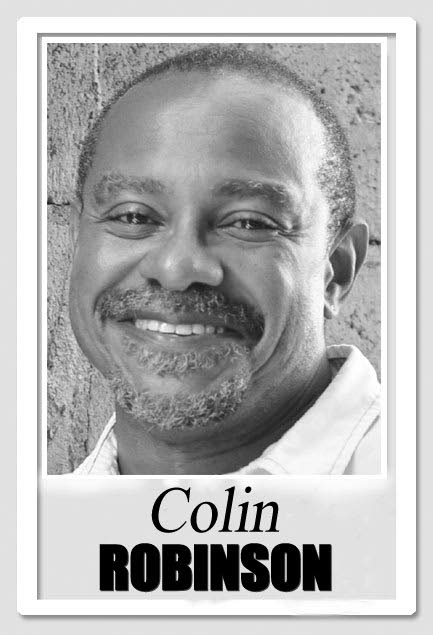The emotional epidemic

Covid19 got you feeling feelings? Anxiety? Helplessness? Loss? Loneliness? Need support or guidance managing economic hardship? Or difficult relationships at home?
Wholeness & Justice invites members of the LGBTQI community to join a weekly 90-minute video support group on Zoom for the next six weeks.
It isn’t for everyone. You’ll need: a quiet, private space so you protect other participants’ confidentiality; a reliable internet connection; headphones; to set aside other activities; and to show up on time, for the full cycle. The group will have a clinical facilitator. For questions, to sign up, or see if it’s right for you, call us at 28-CAISO. The group will meet either Sunday afternoon or late on a weeknight.
I was determined not to write about covid19 again this week. I’d wanted instead to model one of the things we can do as we live through these times that we’ve never experienced. Though, contrary to the narrative that the order for us to stay home is wreaking mindless boredom in our lives, I find folks across my social networks are busier than ever.
Occupying our homes more requires of us far more emotional labour, more household chores. We are trying to fit wage labour into household spaces, while in our new workplaces we undertake childcare that others provided while we were out at work. Not to mention that many of us now have a huge new demand on our time: tutoring children. Each of these we are doing far less efficiently than before. So instead of freeing up time, staying home has compressed so much more effort into the same timecycle, as each domain of our day seems to have expanded, and together they overflow the still 24-hour period.
I often dream a universe where I could settle for 20 hours in my day and gift the remaining four to someone who needs more than their standard quota. Sadly, we’ve figured out few ways to escape the clutches of time.
I’d wanted to wriggle out of the epidemic’s tentacles, the way it pushes those with platforms to keep sharing some detail or element of it, as if we’re planting a flag. Sometimes from the need to impose our own yearning for a single story onto others.
Despite not feeling I have much of that free space we imagine fuels the work of memory and creativity, I’d nonetheless desired to tell you a story I’ve never told before. Not as a weapon to pin down your imagination, but as a lever to unleash it. To make the act of sharing it something precious, to attach to the story this new shared memory, of having told it in an epidemic.
Then I read Gabrielle Hosein’s column. Though she’s consistently shifted our perspective on the epidemic’s unexamined impacts on domestic life, her reflections Wednesday are some of most insightful commentary I’ve read to date about these times we’ve never lived before.
In them was a more resonant story than any I could tell. One I’d not heard told in quite that way before. Hosein makes two powerful points. She gives new inflection to hers and others’ reminders that, in times of quarantine, our homes are anything but safe places, but volatile prisons for unhealthy, unequal relationships. Places where forgiveness – a prescription faith so carelessly dispenses – feels like a new sentence of injustice and a deepening of impunity for those who have wronged us.
Her other clarion call is that Government’s public-health response to covid19 needs to pay as much attention to the epidemiology of mental health as it does epidemiology of the coronavirus pathogen. That alongside the state’s press-conference deployment of infectious disease experts to guide, persuade and bring order to the management of our response, offering actionable if challenging actions we are called to take; the nation equally needs that platform to include behavioural experts whose leadership soberly guides and persuades us that we have tools and can take action to manage an equally important thing – how we cope emotionally with the epidemic.
Government understands its need to pay attention to more than the virology of the epidemic, crafting measures to address its profound economic dimensions. Yet there remains a huge gap to be filled by thoughtful measures to respond to covid19’s manifest mental health impacts.
I’m hopeful Gabrielle’s press conference solution isn’t the only one. I retain the capacity for this Cabinet’s crisis management to surprise me. But I’m not ready to trust a health minister who thinks people wanting state help protecting themselves from sexually-transmitted disease are morally irresponsible with oversight of a covid19 mental health response. Nor need we debate.
My nonprofit’s Wholeness & Justice initiative launched a covid19 support group working with seasoned social worker Akilah Riley-Richardson. She and Dr Tracie Rogers, her colleague at Wholeness & Wellness Counselling Services, already offer the public social media video guidance on covid19 coping. Unions, employee assistance programmes, professional associations can do the same with qualified mental health professionals.


Comments
"The emotional epidemic"